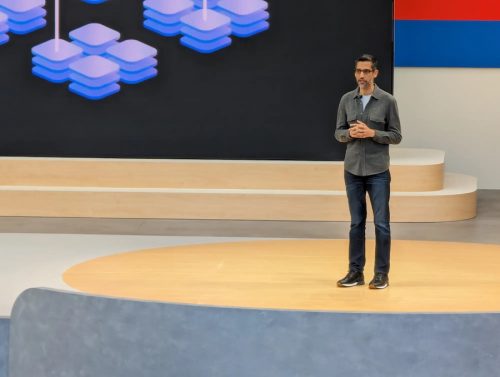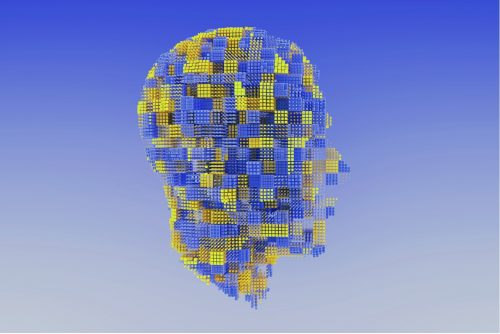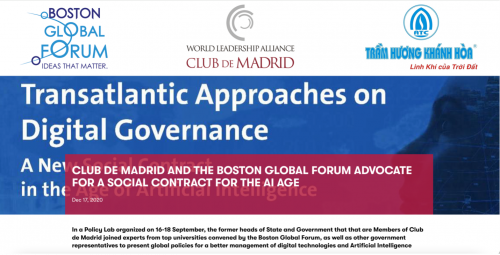On September 20, the AIWS Conference on the theme: AI- Government and AI Arms Races and Norms took place. In the conference, Professor Nazli Choucri, Cyber Politics Director of MDI, Professor of Political Science at MIT, Member of MDI’s AIWS Standards and Practice Committee shared her ideas on AI Government and how to make it work.
In the context of AI’s emergence, the use of AI for government has great potential, as AI can help bring about a great deal of efficiency and consistency in monitoring and alignment. Aside from the benefits, the feasibility of AI governance poses many challenges to human.
We have a long history of human governance; it is no longer a strange concept to people everywhere. However, cultures in countries are diverse, whereas AI works based on data and knowledge it learned, hence, it is extremely difficult to have one AI for every institution as we would need to come up with a common concept for every system to make this work. Prof. Nazli Chourci emphasized two important aspects of AI world that are fundamental for our purposes for governance: data and algorithms which require a huge amount of time and effort for AI to work properly and retain transparency.
From the perspective of government, there are a several tasks that need to be done well to achieve a functional government. The government needs to be capable of being regulative, extractive, distributive, responsive, and symbolic and ensuring its people’s security. She also mentions that the government would have to deal with the stress of the ratio between the loads on it and its capabilities to perform functions. “If we are applying AI to government, these are the generic functions. Consider that is the matter of rules, rules have to be made, to be communicated, there have to be agencies to implement them on the operational level. The interface between AI and the government abilities becomes the first stage that keeps them both together,” said Prof. Chourci.
Due to the connectivity of the internet to everything, AI could be an essential tool for governance. However, there are limitations as well: AI is very good at analysis, targeting and execution but poor in interpretation and considering consequences. Especially when it comes to malfunctions and accidental failures, people can be in great danger if the outcomes are not carefully considered. As a result, Ethics of AI is the primary focus of innovators and practitioners in building AI-Government.
According to Prof. Chourci, there are some ethical imperatives of AI for government that need to be carefully considered:
- Responsibility in Use
- Accountability in Performance
- Avoidance of oppression
- Prevention technological conflict – no AI race
- Provision of human oversight for critical AI operations
And most importance is the improvement of responsiveness through constant feedback for policy and check on excessive use of AI for control.










